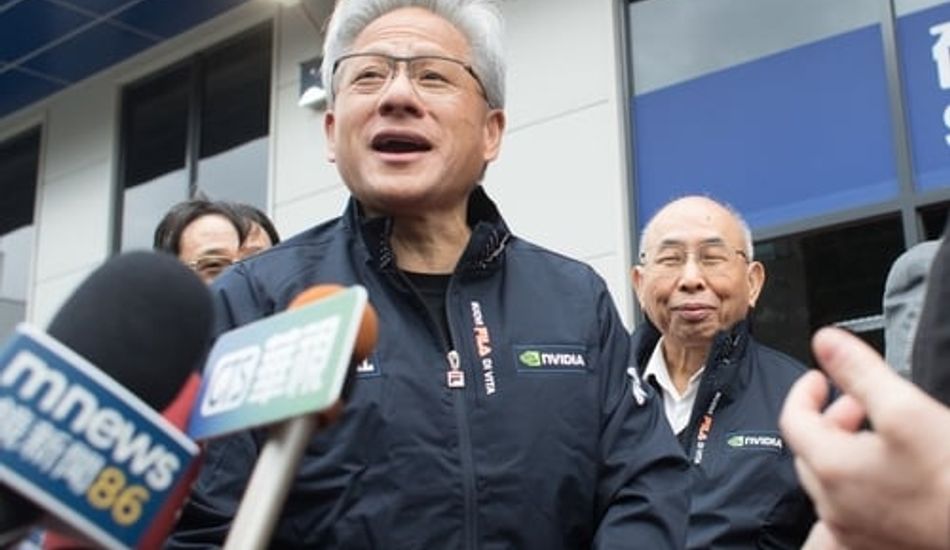
Nvidia's Critique of the GAIN AI Act: Will It Hinder Innovation?
I've been following the buzz around the proposed GAIN AI Act, and it seems like Nvidia isn't holding back on its concerns. This act, which aims to boost America's AI dominance, is facing some serious heat, especially from the tech giant. The core of the issue? Nvidia believes the act could stifle competition in the AI arena, which is something we all want to avoid.
The GAIN AI Act, or Guaranteeing Access and Innovation for National Artificial Intelligence Act, is designed to prioritize domestic orders for those super-powerful AI chips and secure our supply chains. The idea is to keep the U.S. at the forefront of AI innovation and reduce our reliance on foreign manufacturers. Sounds good in theory, right? However, it hasn't passed yet and there's still heavy debate about this.
Nvidia, being a major player in the global tech market, isn't thrilled about a law that might limit its ability to compete. According to a spokesperson, Nvidia insists it doesn't deprive American customers to serve others. They argue that this bill is trying to fix a non-existent problem and would only restrict competition in industries that rely on mainstream computing chips. It's a bold statement, and it highlights the tension between national interests and global market dynamics.
The act essentially wants to ensure that American companies and government agencies get first dibs on critical AI components before they're shipped abroad. It says the U.S. government should deny licenses for exporting the most powerful AI chips if American entities are waiting to acquire them. It's a pretty firm stance on prioritizing domestic needs.
It's not just Nvidia raising concerns. Other industry players worry that such regulations could hinder innovation. With countries like China making significant strides in AI, companies are carefully watching how these regulatory frameworks are shaping up. Brad Carson, president of Americans for Responsible Innovation, even said that advanced AI chips are the "jet engine" for the U.S. AI industry. He argues that every chip sold abroad is one the U.S. can't use to accelerate its own R&D and economic growth.
A Second Look at Past Policies
Nvidia also pointed fingers at a previous attempt, the AI Diffusion Rule, which aimed to make the U.S. more competitive but ultimately failed. The company didn't mince words, calling it a "self-defeating policy, based on doomer science fiction." They claimed that their global sales don't deprive U.S. customers and, in fact, expand the market for many U.S. businesses. It seems like they're implying that some people are spreading false information to Congress about chip supply.
The challenge lies in creating laws that are as flexible as the technologies they're meant to govern. We need a climate where innovation and ethical responsibility go hand in hand. We need some balance! I think that’s what most of us want anyway.
The AI Diffusion rule, enacted in January 2025, was designed to limit the spread of advanced AI tools to rival nations, but faced its own set of challenges. The Trump administration planned to scrap it, favoring country-specific agreements instead. While the rule was eventually rolled back, the Bureau of Industry and Security (BIS) is still cracking down on companies with potential violations.
Will this latest attempt to advance American interests fare any better? Only time will tell. But one thing is clear: the debate over AI regulation is far from over.
Source: Gizmodo